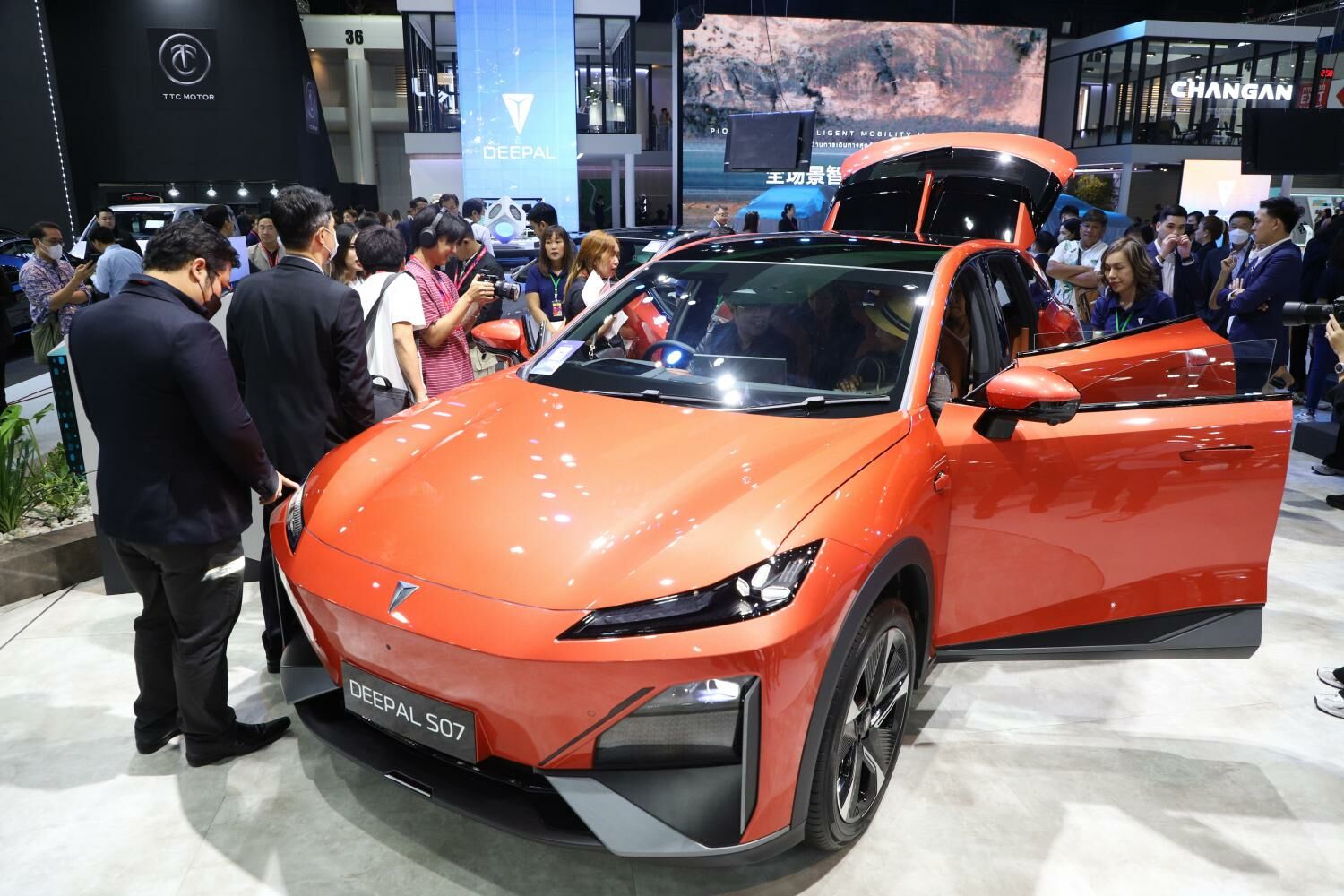High depreciation of EVs raises loan concerns says National Credit Bureau

The National Credit Bureau (NCB) raised concerns about the high depreciation rates of electric vehicles (EVs) and the associated loan risks. As the popularity of EVs, particularly Chinese brands, continues to rise, so does the volume of loans attributed to their purchase. However, EVs depreciate faster than traditional internal combustion engine (ICE) cars, which has heightened the risk for auto loan providers.
NCB Chief Executive Surapol Opasatien highlighted the issue.
“In the case of an accident involving an EV battery, the car’s value would drop significantly. The value of used EVs, particularly those that are five years old or older, deteriorates more quickly than ICEs.”
As a result, the NCB will be keeping a close watch on the quality of loans granted for EV purchases.
Several captive EV leasing companies have expressed an interest in joining the NCB. By becoming members, these companies would allow the NCB to collect credit records of EV loans, thus providing a better understanding of the nation’s overall household debt scenario, reported Bangkok Post.
Notably, Thailand’s household debt is currently around 16 trillion baht, equating to 90.7% of the nation’s GDP. Special mention (SM) auto loans, i.e., loans overdue by 30 to 90 days, have been on the rise since early 2023. In the third quarter, SM auto loans reached 213 billion baht, marking a 17.5% increase year-on-year.
Despite the potential risks, the demand for EVs in Thailand remains robust. Between January and September, EV registrations totalled 50,347 units, accounting for roughly 10% of the total car registrations of 500,942 units. This number was a significant increase from 2022, when EV registrations totalled 9,729 units, up from 1,935 units in 2021.
The Thai government’s EV development roadmap for 2021 to 2035 aims to establish Thailand as a regional hub for EV production. It is projected that EV sales will reach 65,000 units this year. However, the nation’s car production has seen a decline, dropping 7.02% year-on-year to 158,734 units in October due to weak domestic sales.
Latest Thailand News
Follow The Thaiger on Google News:


























